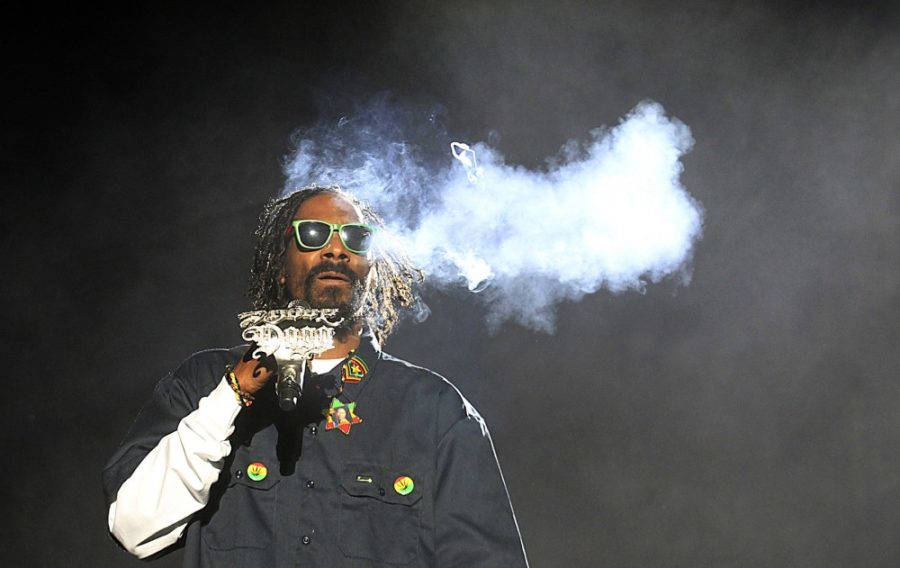*Editor’s note: The names in this story were replaced with pseudonyms to protect the identities of the students involved. Quotes are authentic and unaltered.
The people surrounding her blur as unidentified rhythms and pitches scorch through her ears. Her heavy eyelids cover three-fourths of her bloodshot eyes and her head begins to slowly bob with the bass of the music. She is stoned and says the music sounds like waves.
“It’s like I could feel the sound waves,” she said, slowly, with her eyes closed. “It reminds me of being close to an ocean.”
Rebecca Bybel* is a 20-year-old UA sophomore who has been playing music for 14 years. This is her first time listening to music while stoned.
“You just pay attention to things that are kind of simple or minor in any other circumstance,” Wiz Khalifa told Buzzfeed about smoking marijuana while listening to music. “When you’re high, you zone out on whatever’s important to you.”
Marijuana affects how its users perceive reality and allows them to hear music in new ways. But how does it affect the actual musician?
Jackson Hadid*, 22, a UA senior, has been playing and preforming music in Southern Arizona for 12 years and only recently began casually smoking marijuana.
“A barrier goes down and you’re playing more honestly and from a better place,” Hadid said. “During shows, I feel more connected to the audience.”
Hadid said it makes him think of things he normally wouldn’t. There’s a reason he thinks so.
The tetrahydrocannabinol, or THC, in marijuana causes the body to release more dopamine. Dopamine is the hormone that makes people happy when they’re high and can lower artists’ inhibitions while they’re playing. It causes them to pretty much let go, or as Hadid says, “play more honestly.”
One study by the University College London found that marijuana heightens the brain’s automatic semantic priming abilities.
“Under the influence of cannabis, users showed increases in both automatic semantic priming and schizotypal symptoms [anxiety, paranoia] compared with controls,” the study showed.
Basically, as Hadid says, the drug might make musicians think of things they wouldn’t normally if they were sober. However, the idea that marijuana and music intercept is widely debated by both scientists and musicians.
“I swear I’m a good musician,” said Audrey Welman*, a UA junior. “Until I pick up my guitar after I’ve been smoking, then I can’t focus and it feels like all my talent is gone. I don’t know how people do it.”
One study by researchers Ryan Holt and James Kaufman showed that while marijuana might increase creativity, it isn’t a necessity and definitely doesn’t work for everyone.
“It seems reasonable to conclude from the scientific research that any connection between drug use and creativity is largely manufactured in the drug user’s mind,” the study found. “The actual creative work is likely not impacted.”
Many musicians use marijuana to unlock their creativity. But that’s exactly what it does: unlock creativity that’s already there.
Louis Armstrong, one of the world’s best jazz trumpeters, said, “[Marijuana is] a thousand times better than whiskey—it’s an assistant—a friend,” according to thesmokersclub.com.
A musician is not made by ganja and a guitar. Skill, dedication, hard work and intelligence make the person who might use dope to draw inspiration for their next gig.
As Bob Marley famously said, “When you smoke the herb, it reveals you to yourself.”
Follow Christianna Silva on Twitter.









